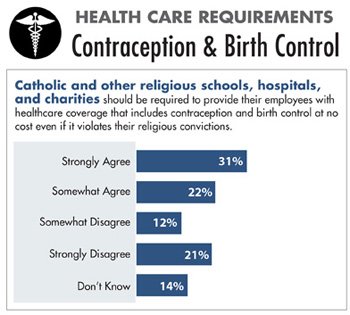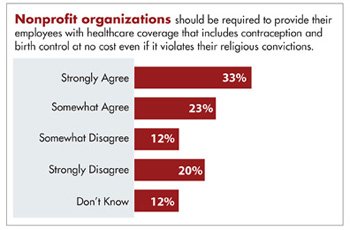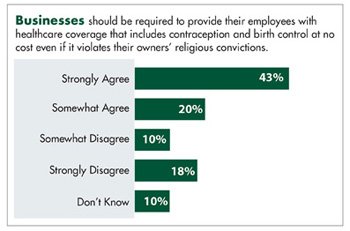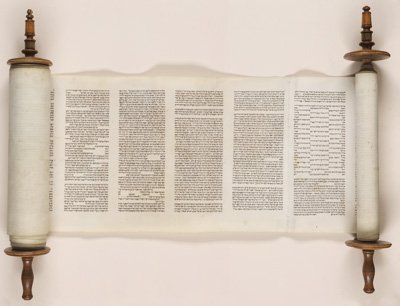Secession theology runs deep in American religious, political history
WASHINGTON (RNS)—Corruption has gone too far. The righteous must break away. Hope now rests with a holy remnant that will honor foundational texts.
The message sounds familiar. A church schism? No, mounting calls for secession from the United States.

|
Since President Obama won re-election, more than 750,000 Americans have petitioned the White House website to let their states secede. Those leading the charge are framing it, observers say, in terms that suggest a deep-seated religious impulse for purity-through-separation is flaring up once again.
But this time, it’s playing out on a political stage.
“Today’s secessionist movements are just the latest example of a long parade of breakaway groups (in American history) seeking to restore some lost ideal,” said Peter J. Thuesen, professor of religious studies at Indiana University-Purdue University Indianapolis. “The problem is that the ideal is invariably a mirage.”
Seeking purity through separation has marked American religious history since the Puritans sailed from Holland to establish a holy beacon in the New World. It helps explain why Baptists, Presbyterians and others have splintered into countless subgroups over the years, and why the Episcopal Diocese of South Carolina disaffiliated from the Episcopal Church this fall.
The pattern commonly involves one group breaking off to re-establish a holy community by living in fresh accord with sacred texts. Religious purists have the Bible to guide their quest; secessionists look to the Constitution and Declaration of Independence. Both insist these centers of authority have suffered neglect and must be restored.
“That’s a persistent line of thought,” said Alan Wolfe, director of the Boisi Center for Religion and American Public Life at Boston College. “There are people who are disappointed with the direction the United States has taken. … It’s primarily political and economic, and then they just find a religious cover for it (as) they tap into pre-existent religious language.”
Dismissing the United States as hopelessly corrupt, secessionists are picking up the breakaway-for-purity motif and running with it. Radio host Alex Jones, whose show airs in 60 markets, alleged that “foreign megabanks have hijacked the government” and have made secession necessary.
“We do not want to secede from the Union to destroy the republic, but to restore it,” Jones said. “Go to the White House website. Do your own petitions to reinstall the Declaration of Independence. … It’s now time to launch the second American Revolution.”
Secessionists, such as Russell Longcore of Marietta, Ga., take inspiration from history. He sees secession as pursuit of God-given liberty, such as when American colonies seceded from Britain in 1776, when Southern states left the Union in the 1860s and when the Soviet Union dissolved into 15 separate states two decades ago.
In his view, petitioning the federal government is “silly” because states don’t need permission to secede, but he regards the petitioners’ goal as nonetheless serious and moral in nature.
“The moral decay comes from the fact that Washington, D.C., has summarily ignored the Constitution,” said Longcore, an insurance claims consultant who blogs at dumpdc.com. He offered the example of unsanctioned wars.
“Article One, Section Eight (of the Constitution) says Congress should have authority to declare war and to prosecute a war,” Longcore said. “There hasn’t been a declared war since World War II, but we’ve been in an awful lot of wars.”
Other narratives help secessionists, as well as religious isolationists, understand their efforts as part of a noble tapestry. Evangelical groups have for years supported Christians in South Sudan, which broke off from Sudan last year after persistent clashes with Muslims in the north. Some now laud how Sudanese Christians separated and hope American Christians would do similarly by withdrawing at least culturally, if not legally.
Those inspired by such examples include Jim Rawles, an evangelical blogger and novelist who teaches survival skills for the coming day when America’s economy collapses. He sees no point in seceding, since the federal government would “hammer” such efforts anyway.
Instead, he’s getting more response these days, he says, to his call for Bible-believing Christians, Orthodox Jews and Messianic Jews to relocate to what he calls the American Redoubt—Montana, Idaho, Wyoming, eastern Washington and eastern Oregon.
One reason he gives on his website for separation: “Even if God has withdrawn his blessings from our nation as a whole, he will continue to provide for and to protect his remnant.”
“It’s time to distance ourselves from the vile corruptness that we see inside the Washington, D.C., Beltway,” said Rawles, who blogs at survivalblog.com. “It is analogous to the Puritan exodus (from Europe). They couldn’t fit in and said, ‘We’re going to move to completely virgin territory and start afresh.’ … In effect, we’re becoming pistol-packing Amish.”
Some scholars still aren’t buying it. As Wolfe sees it, calls for secession and cultural withdrawal are just sour grapes.
“It’s not religious in inspiration at all,” Wolfe says. “It’s like in the Old South, where if you gave (secession) a religious cover, you made it sound better. But it’s just people who basically have difficulty accepting that we have a two-party system. One party wins. One party loses.”
But separatists insist the impulse to flee corruption and live rightly before God is genuine. And if that means clustering in ever more secluded enclaves, then so be it.
“The Bible teaches that the remnant will be small,” Rawles said. “People who recognize that they are of the remnant, that they are God’s elect, will in increasing numbers choose to vote with their feet.”












